

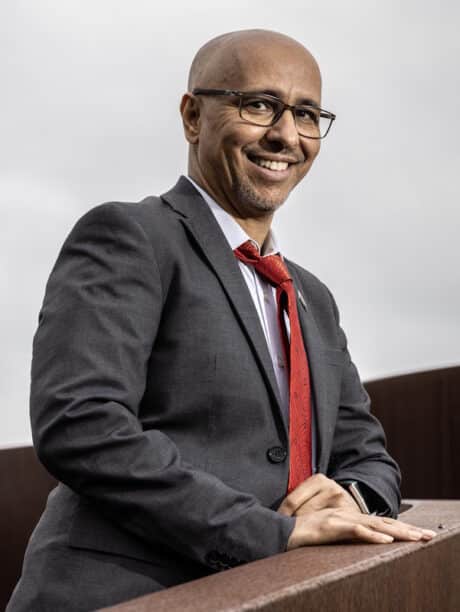 © Walter Kallenbach
© Walter Kallenbach
Mohamedou Ould Slahi
Mohamedou Ould Slahi, known for Guantánamo Diary. His life story about Guantánamo Bay was adapted into the Netflix feature film The Mauritanian. A bridge-builder who connects cultures, perspectives, and human stories.
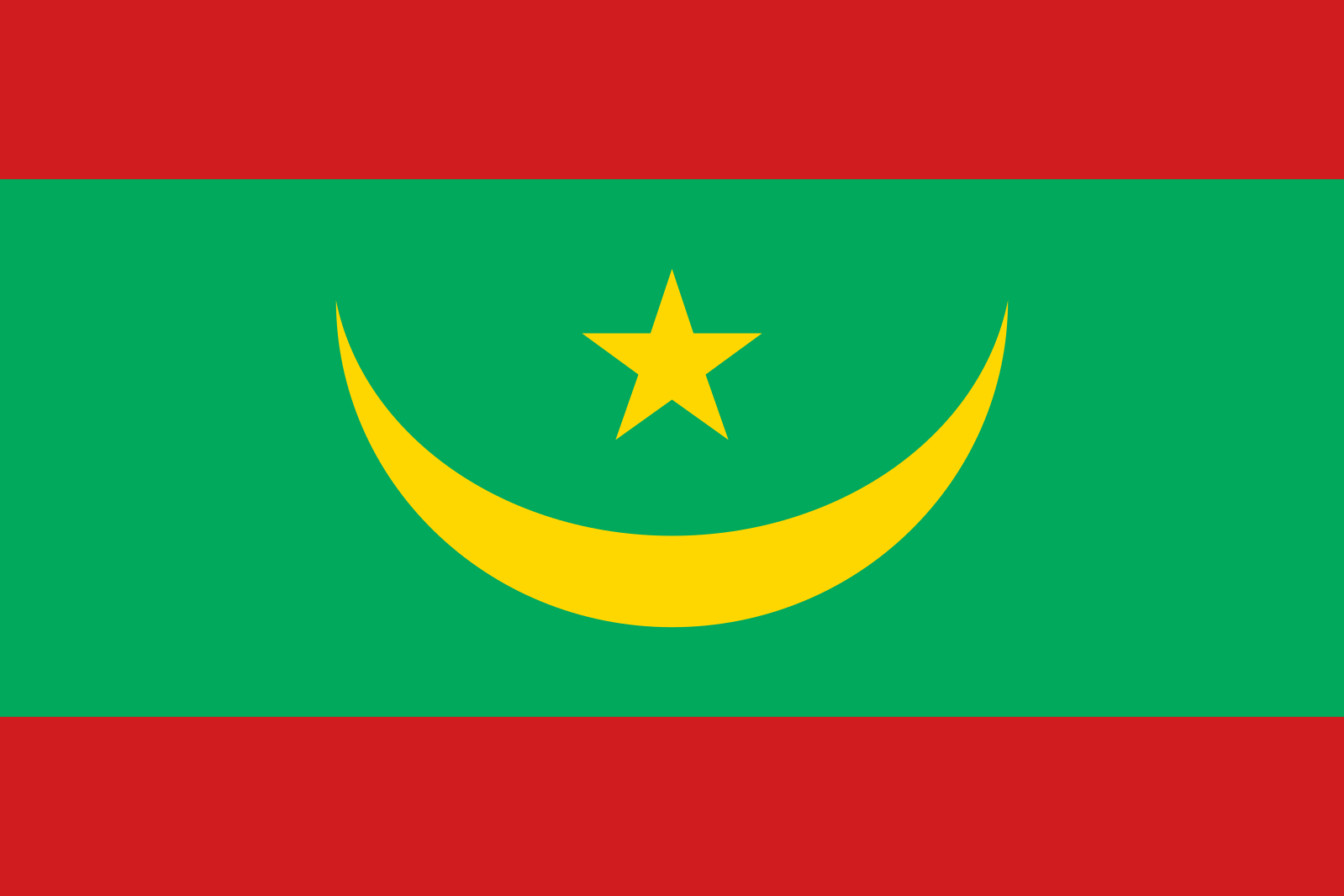
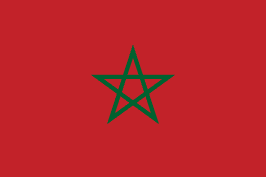
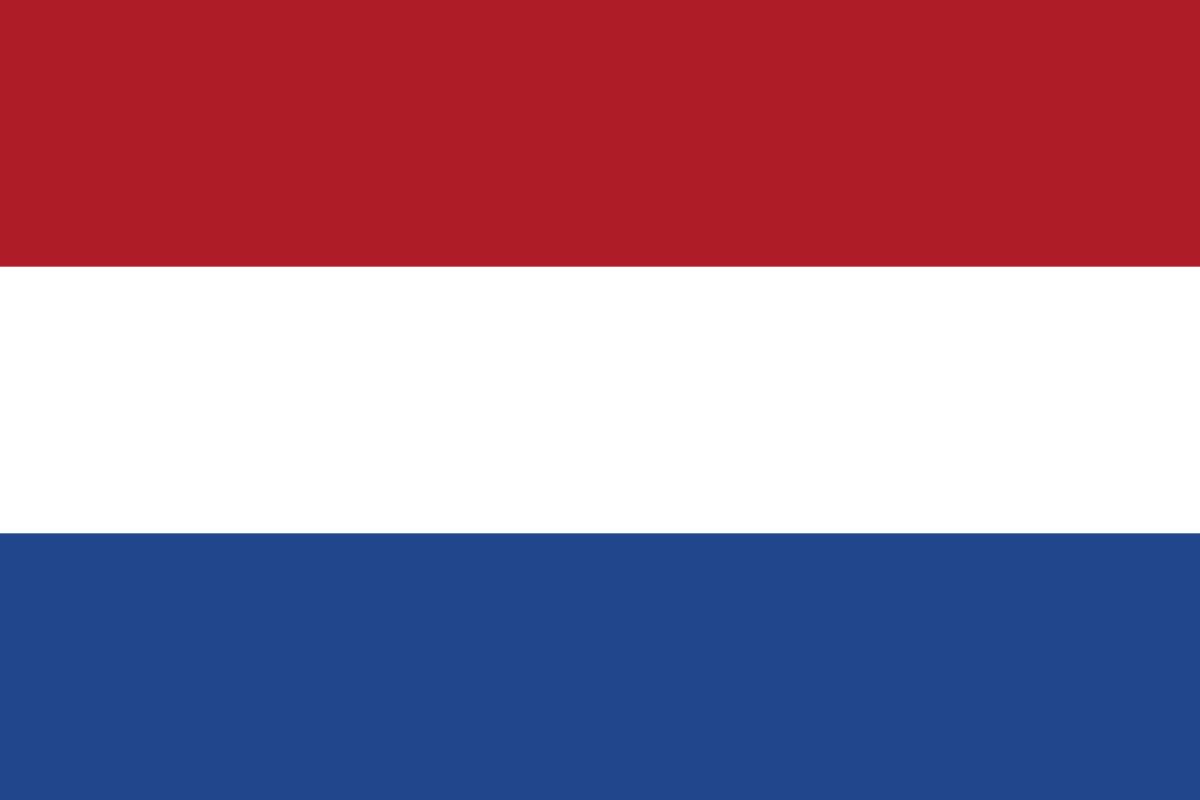
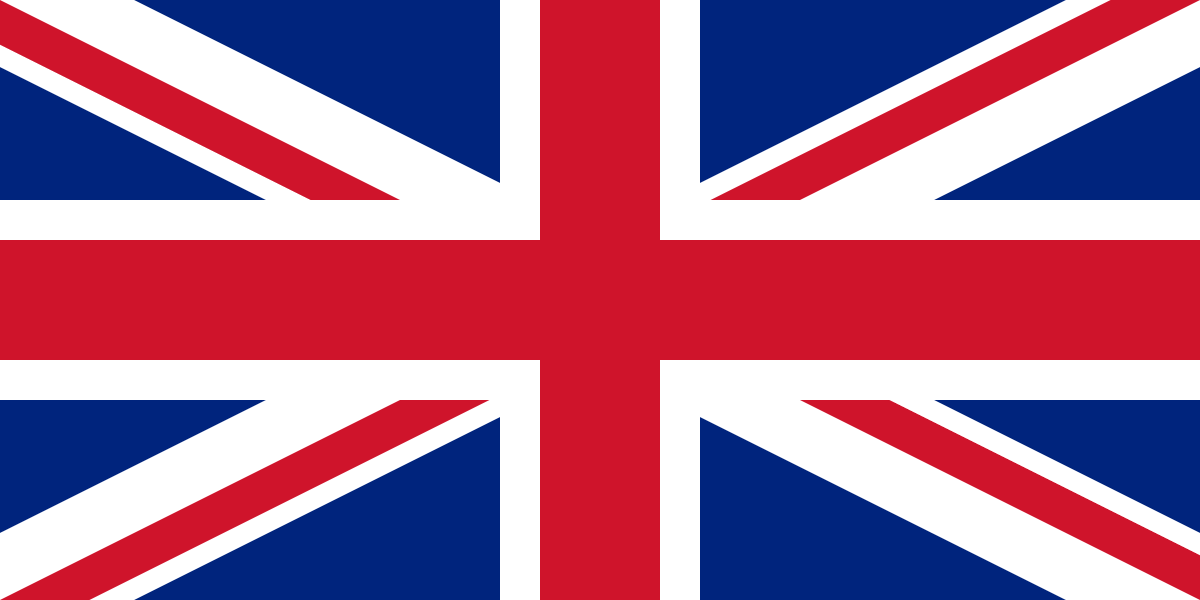
About Mohamedou Ould Slahi
Mohamedou Ould Slahi is an internationally acclaimed writer, speaker, and connector, known for his remarkable life story and his unique ability to build bridges between people, cultures, and perspectives.
Mohamedou was born in 1970 in Rosso, Mauritania, into a family of camel herders. At the age of 18, he received a scholarship to study electrical engineering at the University of Duisburg (now Mercator University) in Germany. He led an ordinary life until everything changed dramatically in 2001.
In the aftermath of the September 11 attacks in New York, Mohamedou was arrested in Mauritania as a suspect and eventually ended up in the notorious Guantánamo Bay detention camp.
He was held for a total of fourteen years without ever being formally charged. During his detention, he endured extreme abuse, including sleep deprivation, temperature extremes, intense interrogations, prolonged isolation, and even mock executions. Despite everything, Mohamedou continued to seek connection, hope, and meaning. During this time, he wrote his world-famous memoir Guantánamo Diary, entirely by hand and in English—a language he learned while imprisoned. The book became an international bestseller, translated into more than 25 languages, and was the basis for the acclaimed feature film The Mauritanian (2021).
Although a federal judge ordered his immediate release in 2010, the decision was delayed and his detention continued until October 2016. Throughout that entire period, he was never charged with a crime.
Mohamedou’s tireless commitment to peace and justice has earned him numerous international honors.
Pain is a language everyone understands — it is a bridge that connects.
Since his release in 2016, Mohamedou Ould Slahi has dedicated himself to promoting dialogue, human rights, personal development, and social connection. Since 2021, he has lived in the Netherlands, where he collaborates with various organizations on projects that foster social cohesion and mutual understanding. His involvement in the theater production Yara’s Wedding, among others, reflects his dedication to bridging cultural divides and healing social rifts.
What makes Mohamedou truly unique is his extraordinary resilience—and his choice to forgive. He believes that even the darkest experiences can be transformed into sources of connection, compassion, and personal growth. His story resonates not only because of the injustice he suffered, but above all because, despite everything, he chooses humanity.
Specialist Subjects
Videos




